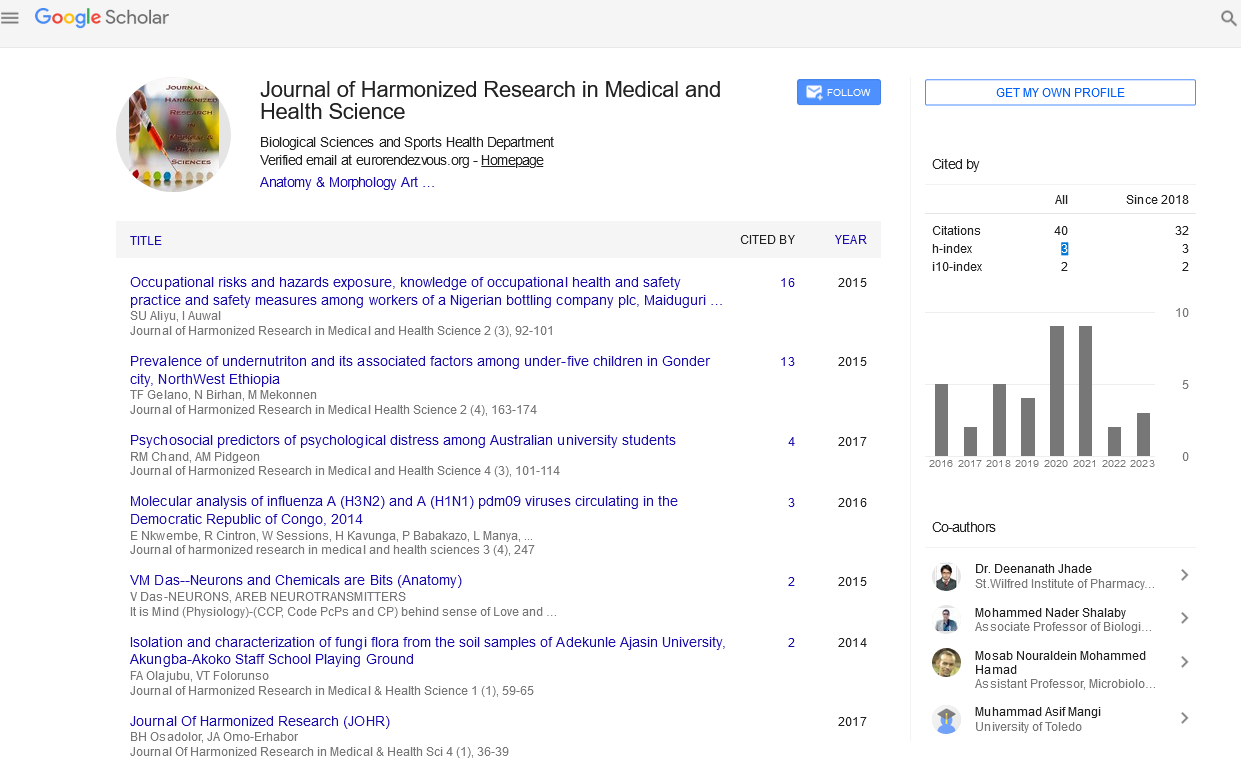PREVALENCE AND RISK FACTORS ASSOCIATED WITH TAENIA SAGINATA INFECTION IN THE RURAL COMMUNITY OF FARTA WOREDA, NORTHWEST ETHIOPIA
Abstract
Author(s): Binyam Akalu , Asmare Amuamuta.
Introduction: Taenia saginata (T. saginata) is an adult cestode intestinal parasite by which human beings are infected when they consume raw beef. Infection with this parasite is highly prevalent in sub-Saharan Africa and Ethiopia is one of the heavily affected countries. Objective: To assess the prevalence and risk factors associated with T. saginata infection in the rural community of Farta woreda, Northwest Ethiopia. Method: A community-based cross-sectional study was undertaken for this study. Multistage and systematic random sampling was used to get the total sample size of 846 participants. A pre-tested and structured interview was used to collect data. The data was entered and SPSS statistical software to analyze the date by using multivariate logistic regression. Results: The study showed that prevalence of T. saginata infection was 26.6%. The habit of consuming raw beef (Adjusted Odds Ratio/AOR= 6.2, 95% CI 4.07, 8.3), duration of time before consuming salted dried raw beef (AOR=6.8, 95% CI 1.98, 9.5), gender (AOR=0.54, 95%CI 0.68, 0.77) and knowledge about T. saginata infection (AOR= 0.013, 95% CI 0.01, 0.32) were significantly associated with the prevalence of T. saginata. However, other factors including practice of eating salted beef, age and educational background did not show significant association with the prevalence. Conclusion: The prevalence of T. saginata infection found in this study was high (26.6%) in the rural community of Farta woreda. Furthermore, important public health factors of the disease (including raw beef eating practices and knowledge about T. saginata infection) have been also been revealed which could be useful for the government and other responsible bodies working in disease prevention and control activities. Key words: T.saginata, prevalence, risk factors, Farta Woreda.










